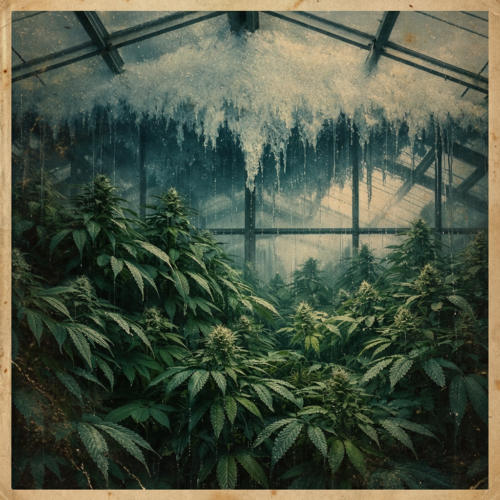A new bill legalizing the therapeutic use of psilocybin mushrooms has been passed by the Washington State legislature and is now awaiting Governor Jay Inslee’s approval. If signed into law, Washington would become the second state, following Oregon, to legalize the therapeutic use of psilocybin. The bill is set to allow licensed professionals, such as therapists, to administer psilocybin to patients suffering from a range of mental health conditions, including depression, anxiety, and addiction. Patients would be screened beforehand and would need to undergo therapy before and after the psilocybin session.
Psilocybin, a naturally occurring psychedelic compound found in certain types of mushrooms, has been found to have potential therapeutic benefits for those suffering from mental health disorders. According to some studies, it has been shown to reduce symptoms of depression and anxiety, and even help with addiction. Supporters of the bill argue that it is a powerful tool in the treatment of mental health disorders, and that legalizing it could greatly benefit patients.
However, there are concerns regarding the potential risks associated with the use of psilocybin. Critics of the bill argue that the drug is still illegal under federal law, and that its legalization could pose a risk to public safety if not properly regulated. Despite these concerns, the bill has received support from both parties in the Washington State legislature, with lawmakers recognizing the potential benefits of psilocybin therapy.
If Governor Inslee signs the bill into law, it could pave the way for other states to follow suit and could help to further destigmatize the use of psychedelics in medicine. This would be a major milestone in the growing movement towards the legalization of psychedelic-assisted therapies in the United States.
While the therapeutic use of psilocybin is still a relatively new area of research, there is a growing body of evidence that suggests that it could be a promising treatment option for those suffering from mental health disorders. It is important to note that psilocybin is not a cure-all, and it is not a substitute for traditional therapies such as medication and talk therapy. However, for some patients, it could be an effective tool in their recovery journey.
As the use of psychedelics in medicine continues to gain momentum, it is crucial that we ensure that they are used safely and responsibly. This means ensuring that only licensed professionals are able to administer the drug, and that patients are properly screened and monitored throughout the treatment process. With proper regulation and oversight, the therapeutic use of psilocybin could be a game-changer in the field of mental health treatment.



